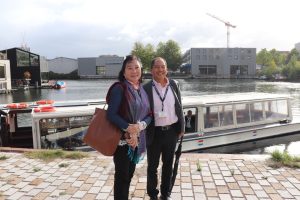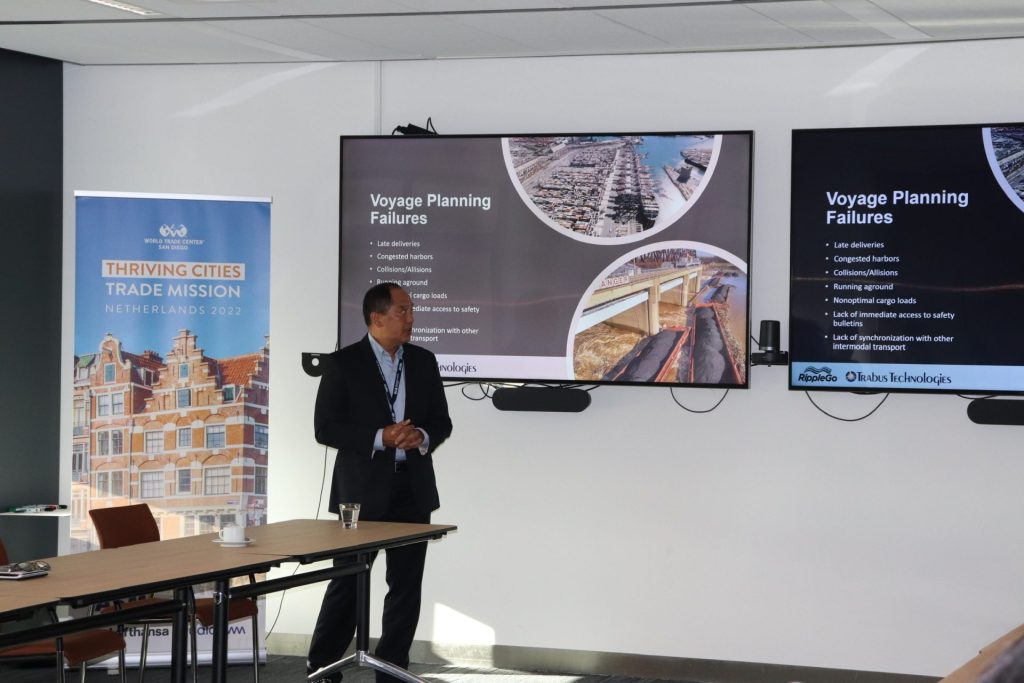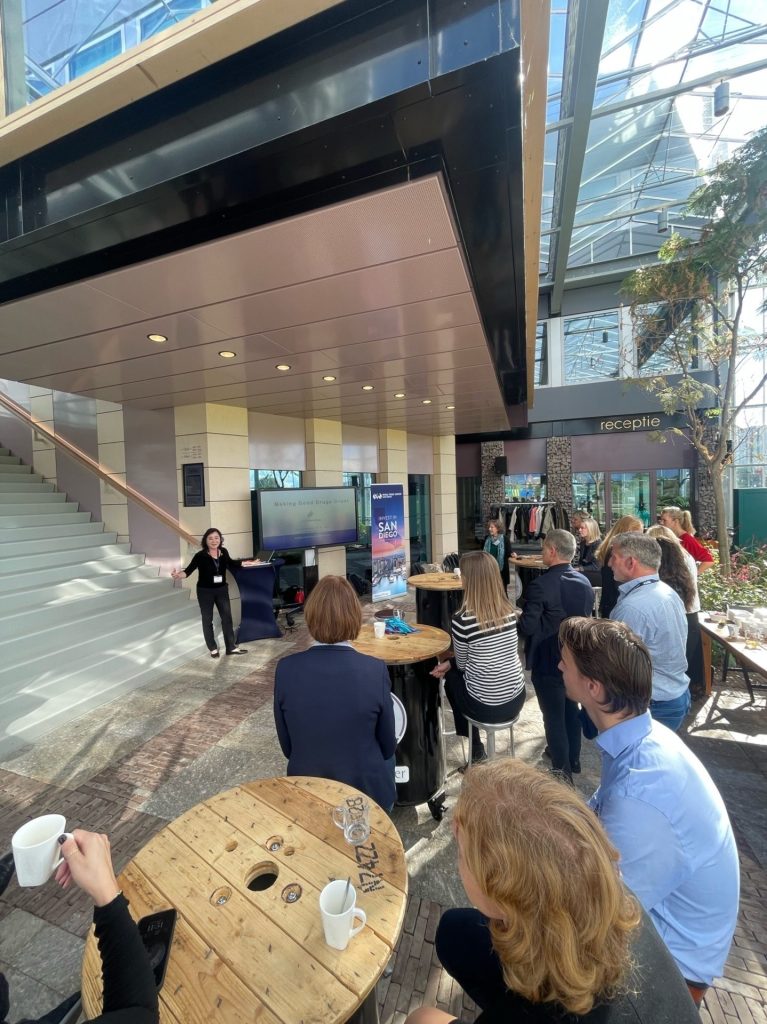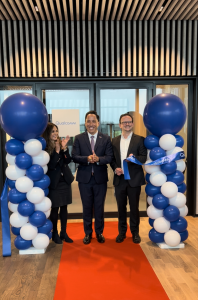Together with Mayor Todd Gloria, EDC celebrated the opening of Samsung Semiconductor‘s new customer engagement office in San Diego, supporting Southern California customers.
“Samsung Semiconductor’s Memory and Foundry businesses are poised for growth as we innovate and fuel the future of AI, mobile, and automotive,” said Samsung Semiconductor’s U.S. President Jinman Han. “We are expanding in San Diego to better serve our customers in Southern California.”
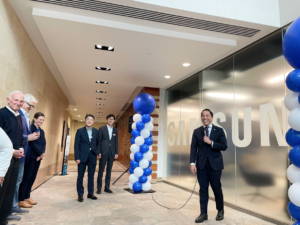
“Just a few months ago, I led a delegation to South Korea where we visited Samsung’s Biologic offices and other tech giants to strengthen business relationships and to try to grow more quality jobs here at home,” said Mayor Todd Gloria.
“Today, we’re thrilled to see Samsung Semiconductor doubling down on its local tech footprint and making an important and valuable addition to San Diego’s globally connected innovation economy.”
Located in Del Mar, the new San Diego office is home to Memory and Foundry customer engagement teams totaling approximately 20 employees. Both teams support innovations that power AI, mobile, automotive, IoT, the data center, and more.
- The Memory team partners closely with major local customers to develop and validate memory solutions for mutual end-customers across applications.
- The Foundry team is responsible for the end-to-end support and engagement with customers in Southern California. This includes identifying the best Foundry technology for Samsung Semiconductor customers’ needs to sustaining production using Samsung’s process technologies ranging from 150nm all the way to 2nm.
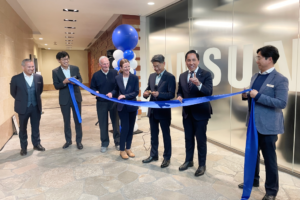 Samsung Semiconductor has had offices in San Diego since 2010, with an R&D center focused on SOC, modem systems, RF systems, multimedia, AI, and commercialization. The company employs more than 200 employees in San Diego with plans for additional growth.
Samsung Semiconductor has had offices in San Diego since 2010, with an R&D center focused on SOC, modem systems, RF systems, multimedia, AI, and commercialization. The company employs more than 200 employees in San Diego with plans for additional growth.
About Samsung Semiconductor
Samsung Semiconductor is a world-leading semiconductor company with a wide range of products that power the tools you use every day – including smartphones, electric vehicles, hyperscale data centers, IoT devices, and more. For more information and the latest news, please visit the Samsung Newsroom at semiconductor.samsung.com.
About EDC
San Diego Regional Economic Development Corporation (EDC) is an independently-funded economic development organization that mobilizes business, government, and civic leaders around an inclusive economic development strategy in order to connect data to decision making, maximize regional prosperity, enhance global competitiveness, and position San Diego effectively for investment and talent.

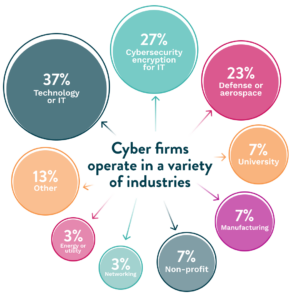
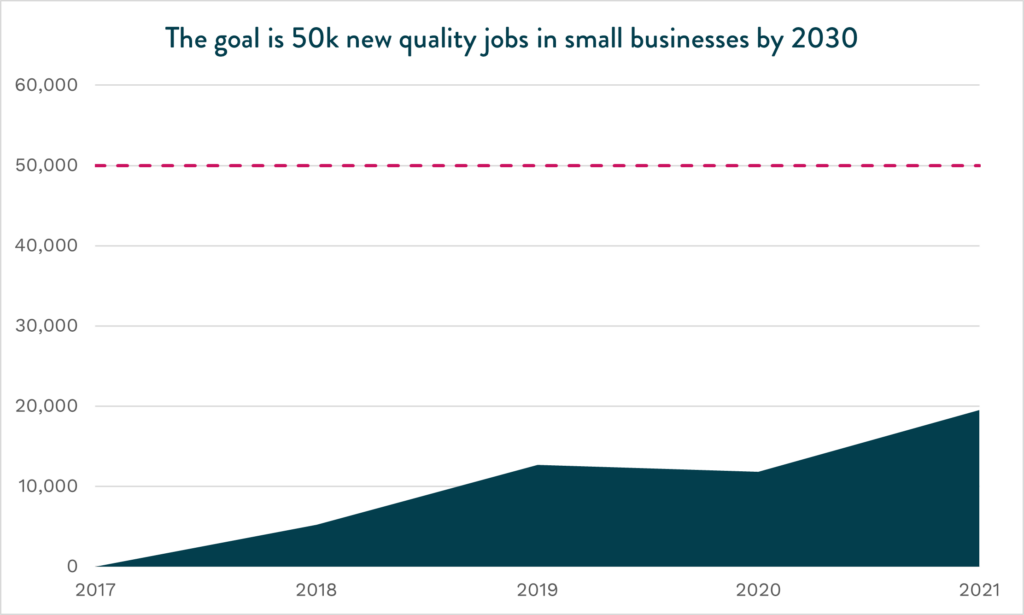
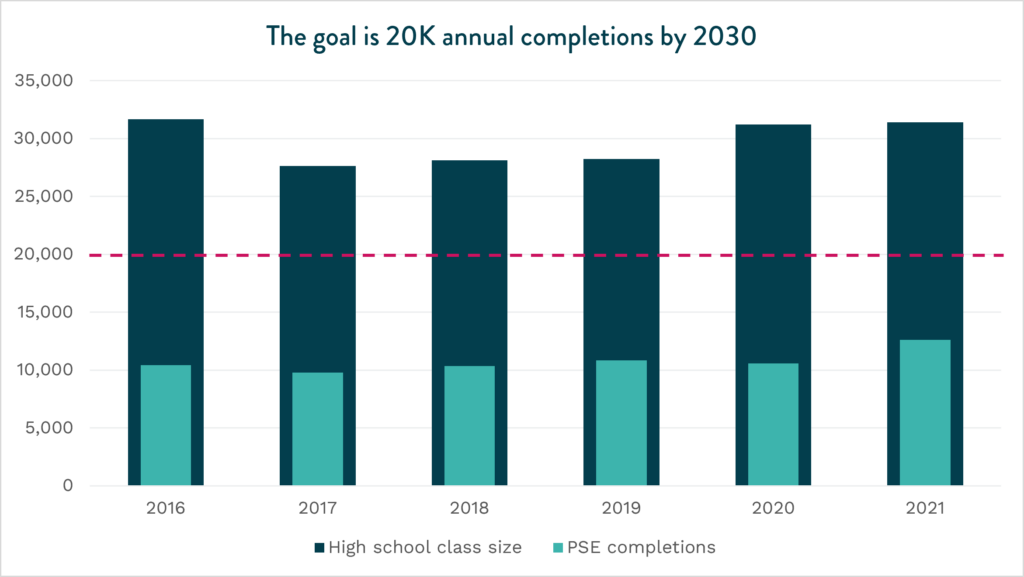
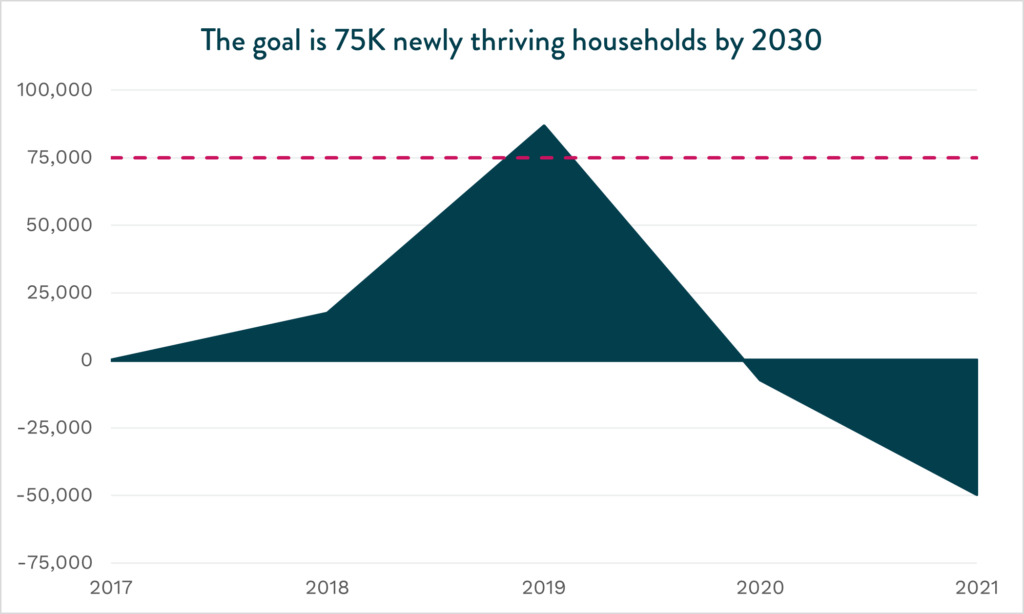

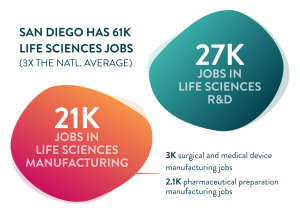 Life Sciences is an integral and rapidly growing piece of the San Diego regional economy. In 2021 alone, San Diego Life Sciences companies pulled in 13.1 percent of the $38.6 billion invested into Life Sciences nationwide. Supporting this growth, San Diego ranks fourth (4,300 in 2020) in Life Sciences degree completions among peer metros. Future and ongoing investment in Life Sciences companies and talent—most especially around compensation and accessibility—will ensure the longevity of this high impact industry and support its ability to compete.
Life Sciences is an integral and rapidly growing piece of the San Diego regional economy. In 2021 alone, San Diego Life Sciences companies pulled in 13.1 percent of the $38.6 billion invested into Life Sciences nationwide. Supporting this growth, San Diego ranks fourth (4,300 in 2020) in Life Sciences degree completions among peer metros. Future and ongoing investment in Life Sciences companies and talent—most especially around compensation and accessibility—will ensure the longevity of this high impact industry and support its ability to compete.